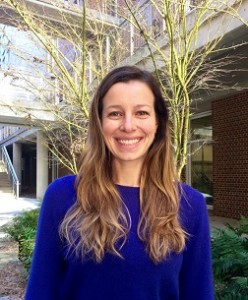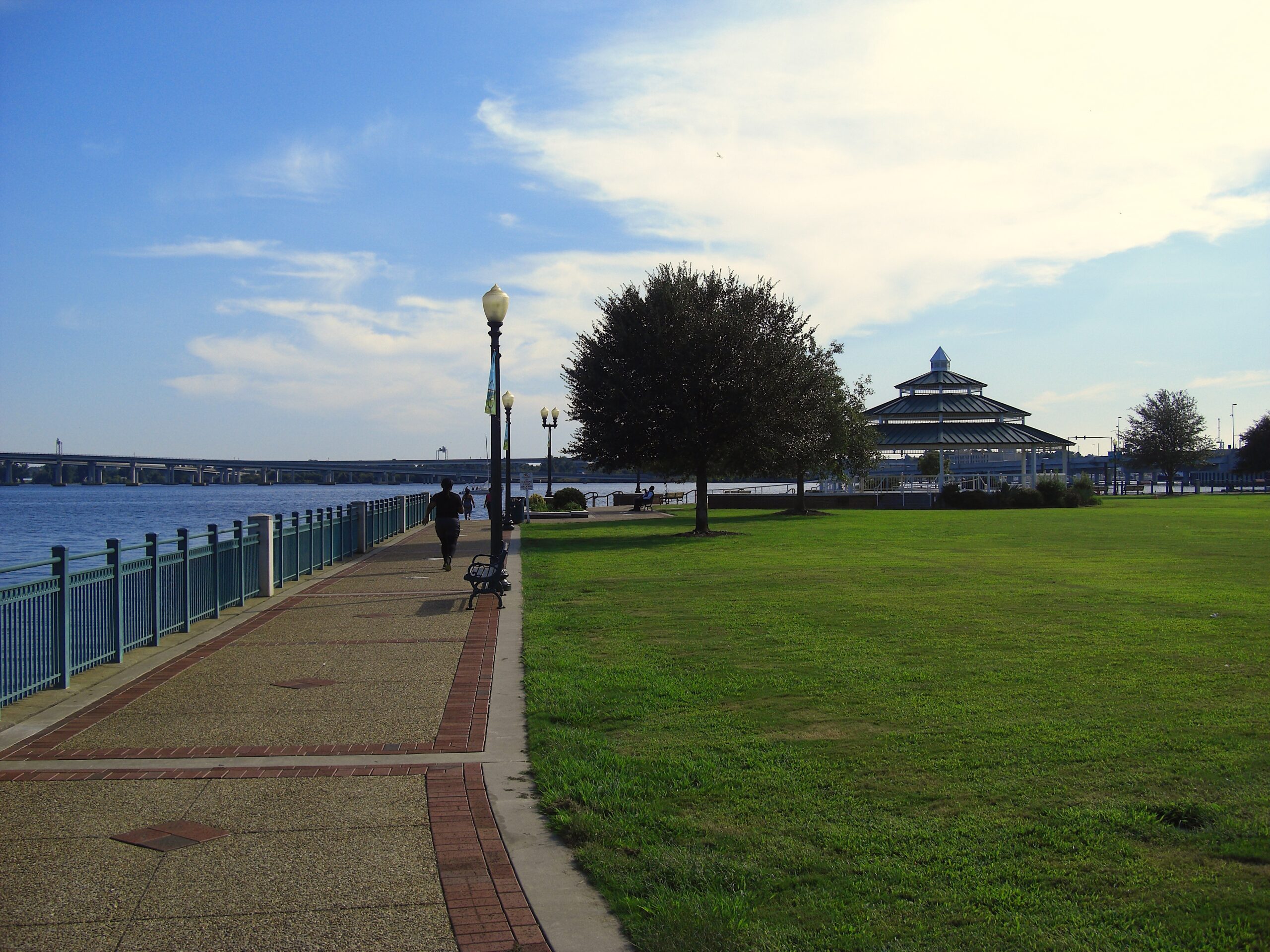2016 Sea Grant/Coastal Reserve Fellow to Study Seagrass
FOR IMMEDIATE RELEASE
Contact:
John Fear, 919-515-9104, jmfear@ncsu.edu
Katie Mosher, 919-515-9069, katie_mosher@ncsu.edu
Posted Tuesday, January 12, 2016
Danielle Keller will be conducting research in the Rachel Carson Reserve this spring as the 2016 North Carolina Sea Grant/N.C. Coastal Reserve and National Estuarine Research Reserve fellow.
Keller, a doctoral student at the University of North Carolina at Chapel Hill’s Institute of Marine Sciences, will examine how the seasonality of submerged aquatic vegetation and its habitat functionality affects estuarine organisms, particularly juvenile gag grouper.

“Danielle’s work to clarify the habitat function of eelgrass compared to shoalgrass will give us great insight into managing North Carolina’s seagrass communities in the coming decades,” says John Fear, Sea Grant deputy director.
Eelgrass (Zostera marina), the dominant seagrass species in North Carolina, is an essential nursery habitat for many ecologically and economically important species.
“We need to better understand how increasing temperatures in summer months may change habitat use by fishes and crustaceans due to seasonal changes in eelgrass,” Keller explains.
Brandon Puckett, reserve research coordinator, explains that the Rachel Carson Reserve is the southern range limit of eelgrass and close to the northern range limit of shoalgrass.
“The location provides an ideal research platform for Danielle to address questions related to the habitat function of both species and how seasonality may interact with habitat function. Her results will be of great utility to reserve staff as we manage the many habitats within the reserves, but also be informative for the state’s Coastal Habitat Protection Plan, where seagrass is one of six priority habitats,” he adds.
Keller’s doctoral work focuses on understanding the structure and function of estuarine ecosystems and communities. Her advisor is Joel Fodrie, a fisheries ecologist who is on faculty at the Institute of Marine Sciences. Her dissertation also is supported by a National Science Foundation Graduate Research Fellowship.
The Gainesville, Fla., native received a bachelor’s degree in wildlife ecology from the University of Florida.
Go here for information on this joint fellowship. This opportunity is designed to foster research that addresses relevant coastal management issues within one or more of the 10 sites in the reserve system.
###
North Carolina Sea Grant: Your link to research and resources for a healthier coast
- Categories:


